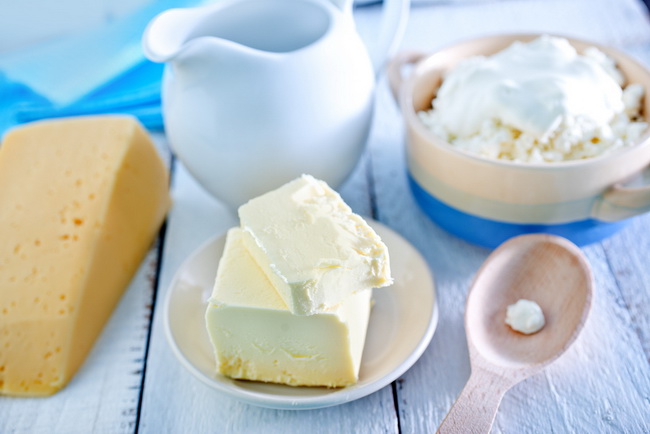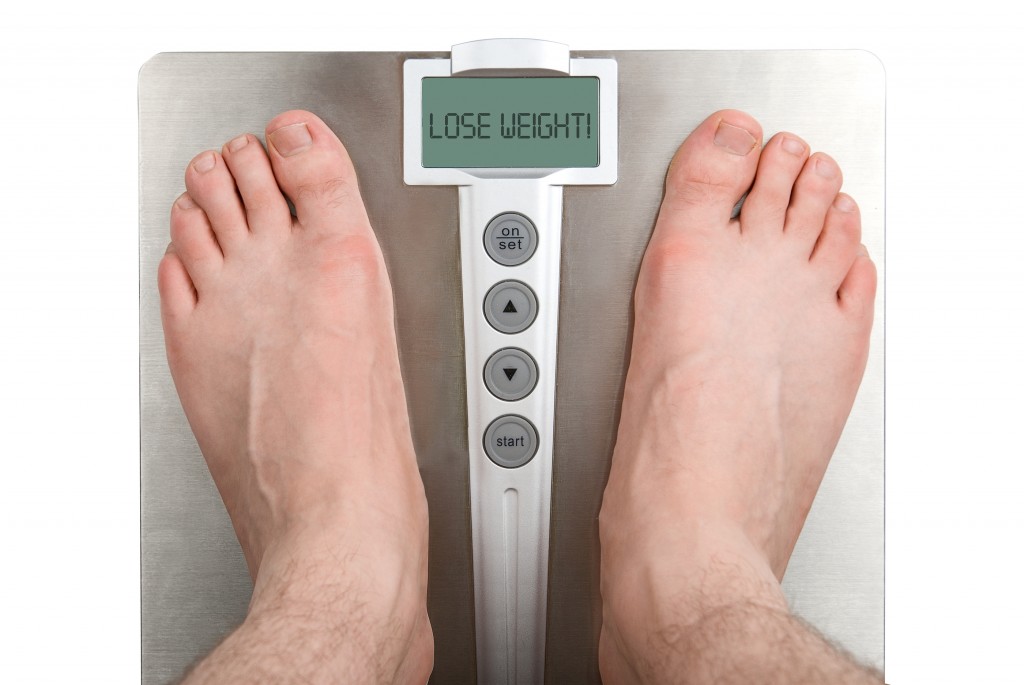- Make It Yourself Lavender Heart-Shaped Bath Bombs!
- 20 Things You Never Knew About “Down There”
- 12 Best Foods For Those Suffering From Arthritis Pain
- 12 Personal Hygiene Mistakes Almost Everyone Makes (Mom Never Told You About #4!)
- 15 Medicinal Plants And Herbs From The Cherokee People
- 12 Mind-Blowing Benefits Of Drinking Coconut Water During Pregnancy
- 12 Outstanding Winter Foods That Won’t Fatten You Up Like A Christmas Turkey
The Many Benefits Of Buttermilk

Photo credit: bigstock.com
Everyone knows that milk is good for the bones and is generally considered a healthy part of any diet (assuming you’re not lactose intolerant of course). But did you know that there are other types of drinkable milk-derived products which offer the same benefits?
All dairy products like yogurt, cheese, and butter are derived from milk (No, eggs are not dairy products, regardless of what you may have been told). During the process of making each of these, byproducts are also developed. When milk is churned and allowed to ferment into butter, the leftover liquid from this process is called buttermilk. Traditionally, buttermilk was unpasteurized and simply used as soon as the fermentation process was complete. Most commercially available buttermilk today is pasteurized, and the lactobacillus acidophilus bacteria is reintroduced afterwards.
Buttermilk is often used as an ingredient in certain baked goods like biscuits, or breakfast items like buttermilk pancakes. It can be used with other dishes as well to add it’s distinct flavor: A slightly sour, tangy taste that can add a pleasant punch to many foods. The use of buttermilk also changes the consistency of baked goods by breaking down the gluten strands in the dough, resulting in a softer and fluffier consistency.
While it is not consumed as a beverage nearly as often as regular milk, it is entirely safe to drink and is filled with nutritional benefits.
Buttermilk is a great source of calcium
This is probably the first thing people learn about the health benefits of milk, that it is rich in calcium and helps strengthen and grow your bones. Buttermilk is also a fantastic source of calcium. One 8-ounce cup of buttermilk contains approximately 284 milligrams of calcium. While slightly less than regular milk (305 milligrams) it is still one of the best sources of calcium you can find. You need around 1 gram of calcium per day, so one glass of buttermilk gives you 28 percent of that amount.
Buttermilk is also a good source of other vitamins and minerals
It is rich in riboflavin (vitamin B2), offering 377 milligrams per cup. It is also plentiful in phosphorus and potassium, with 218 and 370 milligrams per cup, respectively.
Continue to Page 2

Photo credit: bigstock.com
It might help you lose weight
Buttermilk contains fewer calories and fat per serving than whole milk. One cup of buttermilk has about 100 calories and 2.2. grams of fat, versus 150 calories and 8 grams of fat in whole milk. Replacing whole milk with buttermilk in your diet can contribute to your weight loss goals, as part of a larger diet and exercise program.
Good source of protein
When people think of protein they usually think of meat, but dairy is one of the best sources of protein out there and is comparatively much cheaper. At 8.1 grams of protein per cup, buttermilk is no exception.
It can help soothe your stomach after a spicy meal
In traditional Ayurveda (Indian) medicine, drinking buttermilk (or chaas, as is it is called in Ayurveda) is recommended as a way to help soothe stomach discomfort that might come from eating a spicy meal. It is not surprising that buttermilk has been used for this purpose since ancient times, as India has some of the spiciest food in the world (ask anyone who has eaten lamb vindaloo!).
The acidity of spicy dishes can lead to heart burn and indigestion, and even ulcers. It also contributes to the overall acidity of the body, already exacerbated by the excessive acidity of the modern diet. Buttermilk’s alkaline properties help neutralize the acid content in spicy foods and prevent these problems from occurring.
Buttermilk does contain a fair amount of sodium (466 milligrams per 8-ounce cup, or about 20 percent of the daily recommended amount for adults). This could be a potential concern for people who have, or are at risk, of developing high blood pressure. This is a lot higher than whole milk, which only has 107 milligrams per cup.
While buttermilk isn’t dangerous for people to drink, it is simply something to be aware of if you are trying to moderate your sodium intake. As part of a balanced diet and active lifestyle, drinking buttermilk should not cause any problems as long as it is done in moderation.
READ ALSO: Should You Drink Milk? Video
Buttermilk is an excellent alternative to whole milk for most people. It’s cheap, safe, and can add a unique flavor to many dishes. Pick some up today and try it out for yourself.
References:

































Sunny12
May 21, 2018 at 3:57 am
Nyc info, I drink Amul buttermilk on daily basis, but never thought that is helps to reduce weight.